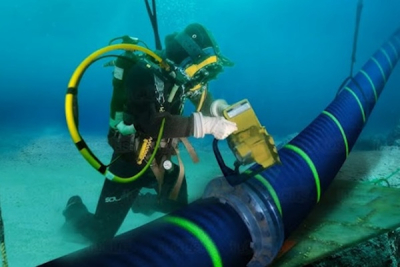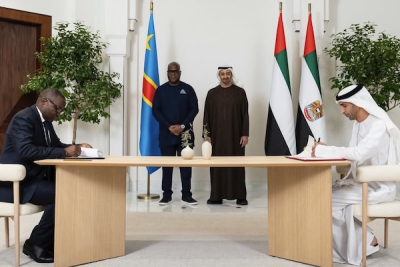-
Tshisekedi calls for multi-ministerial response to subsidized imports and smuggling threats
-
Six-point intervention covers import taxes, legal frameworks, enforcement, investment incentives, and local production campaigns
-
Economic nationalism targets external dependency reduction and domestic industry protection amid competitive pressures
President Félix Tshisekedi has directed his government to implement an emergency plan protecting domestic industry and combating customs fraud, responding to what officials describe as an influx of subsidized imports and smuggled goods undermining local businesses.
According to minutes from the September 5 Council of Ministers meeting, Prime Minister Judith Suminwa will coordinate a multi-ministerial task force including Interior, National Economy, Industry, Finance, and Foreign Trade portfolios to develop comprehensive protective measures.
The intervention package includes revising import taxes, strengthening legal and regulatory frameworks, modernizing control and enforcement mechanisms, introducing productive investment incentives, and launching a national communication strategy to promote local production and consumption.
The presidential directive responds to mounting concerns over subsidized imported products, smuggling operations, and the "bilanga" phenomenon—a reference to traditional, substandard farming practices that flood markets with illicit products at artificially low prices. These factors collectively weaken domestic enterprises, erode tax revenues, and exacerbate unemployment, according to government analysis.
Officials frame the initiative as essential for reducing external dependency, preserving foreign currency reserves, and consolidating the DRC's economic sovereignty amid growing competitive pressures from international markets.
Boaz Kabeya










